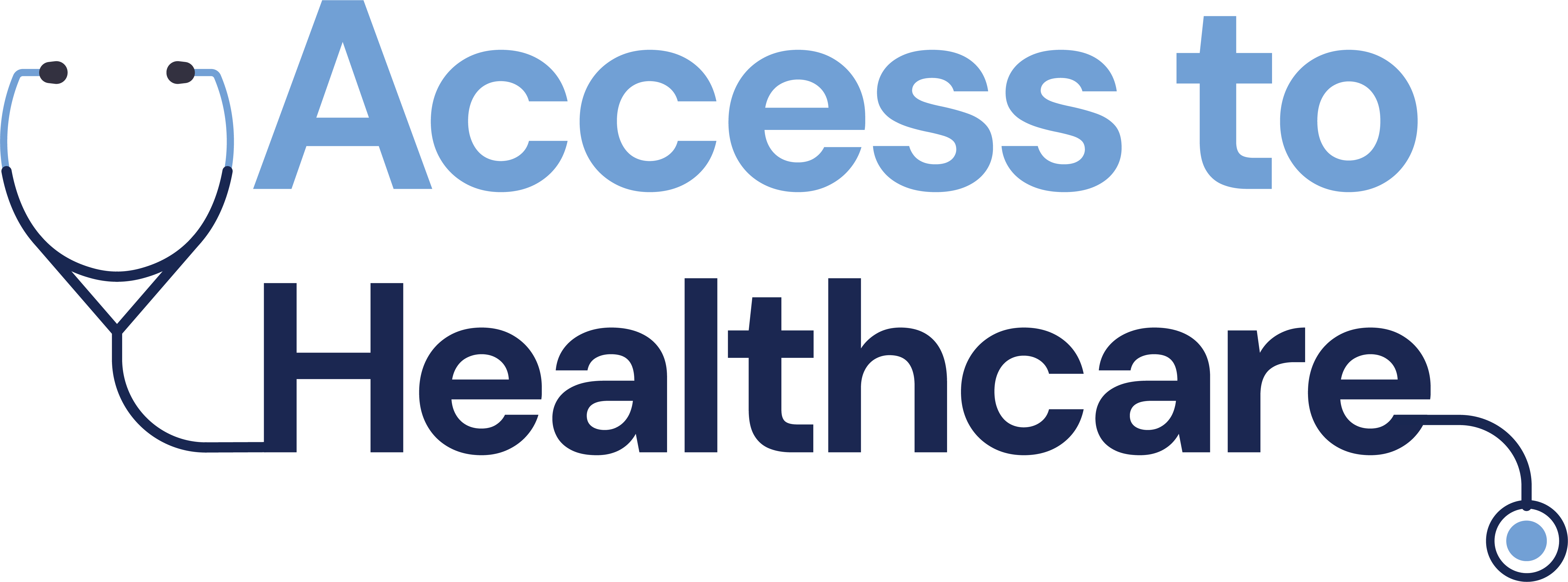Some terms used within the medical insurance industry can be confusing, here are some commonly used terms and their meanings.
Acute Acute conditions are curable and treatable and are covered by medical insurance. Chronic conditions are however excluded. (See Chronic)
Alcohol Abuse A condition mental or physical, which is partly or totally caused by alcohol abuse.
Annual Review Date The date your policy is renewed and from when your premiums may be changed and any new terms and conditions applied. This date will be 12 months after the policy start date and each anniversary after that date.
Benefit Limit The maximum paid in any insurance period to you under the policy by your insurer. These amounts are shown under each section of cover.
Basic Policies These tend to cover inpatient and day-case treatment in full but exclude outpatient cover. Some budget plans do provide cover for high tech scans and cancer treatments in both outpatient and inpatient case’s.
Chronic A disease, illness, or injury which has at least one of the following characteristics:
- It continues indefinitely and has no known cure
- It comes back or is likely to come back
- It is permanent
- You need to be rehabilitated or specially trained to cope with it
- It needs long-term monitoring, consultations, check-ups, examinations or tests
Claim The amount of benefit payable to an insured member for an episode of treatment for a single medical condition whilst the policy is in force.
Claimant The person being treated for an illness or injury.
Comprehensive Medical Insurance Policies Policies known as “comprehensive” plans that include cover for inpatient, day-case and outpatient costs. In some cases there may be financial limits on outpatient allowances.
Continued Personal Medical Exclusion (CPME) CPME underwriting describes the process by which insurers accept a transfer in from another company. This process is almost exclusively in the company paid market and allows client companies to transfer one insurer to another on renewal without losing cover for conditions that arose after the start of the original scheme. CPME is also known by the following terms:
- Switch
- No Worse Terms Transfer
- Protected Underwriting Terms
Day-patient Day-patient or day-case is the description of inpatient treatment, which does not involve an overnight stay in hospital. The client is fully admitted in the morning, undergoes treatment, usually of a relatively minor nature, and is then discharged in the afternoon.
Dependant A policyholder’s unmarried child under a specific age or if in full-time education, who is insured under the plan.
Diagnostic Tests Investigations, such as x-rays or blood tests, to find or to help to find the cause of your symptoms.
Drug Abuse A mental or physical condition caused directly or indirectly by taking any drug, substance or solvent unless a General Practitioner or Specialist has prescribed it. Eligible Treatment specified in the benefits schedule for a condition that is not excluded, either in this policy, or by a personal exclusion shown in the Certificate of Insurance and is not a pre-existing condition.
Excess An excess on a policy is the amount of eligible medical costs which the client has to pay before the insurance company starts to pay benefit. Excesses are usually defined as payable per person per membership year, although in some cases the excess is payable per claim or per course of treatment.
Full Medical Underwriting (FMU) This is the means by which medical insurance applications are written and accepted by the insurer. The client completes a lengthy application form, which includes questions about their medical history. The insurer will review the application and exclude from cover any serious pre-existing conditions or conditions that may arise from existing conditions or symptoms.
In-patient A course of treatment in a hospital which involves occupation of a bed for at least one night.
Medical History Disregarded (MHD) Policies written on an MHD basis commit the insurer to all eligible medical expenses that occur after the inception date of a policy. This type of underwriting is usually limited to groups of more than 50 members.
Medical Inflation Medical inflation is the term used for the increase in medical insurance premiums each year. Medical inflation has exceeded headline inflation for many years. Claims costs borne by the insurers have risen sharply in recent years due to both the incidence of claims and the rising cost of high tech treatment and drugs. Most commentators would say that medical inflation is currently about 8% p.a.
Moratorium Moratorium underwriting is the style of acceptance of a medical insurance application in which the client signs a declaration to accept that medical conditions or symptoms suffered in a period of time prior to the inception date (usually five years) are excluded from cover. If the member is free of symptoms, treatment, medication and medical advice for a period after inception (usually two years) the exclusion is lifted.
No Worse Terms See CPME.
Outpatient Diagnostic testing or consultation with a specialist at an outpatient clinic. This does not involve admission to a ward or the allocation of a bed.
Pre-existing Conditions Conditions or symptom’s that the client suffered from prior to the inception of a policy.
Private Ambulance A road vehicle built solely for use as an ambulance and run by a registered private ambulance service.
Professional Sport A sport where a fee or any benefit in kind is received either directly or indirectly for playing or training.
Protected Underwriting Terms See CPME.
Related Condition Any condition, symptom, disease, illness or injury which is medically considered to be associated with another condition, symptom, disease, illness or injury.
Specialist A medical professional registered under the Medical Acts who holds or has held an NHS consultancy post in a relevant field of medicine and holds a Certificate of Higher Specialist Training.
Switch See CPME.


